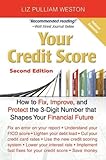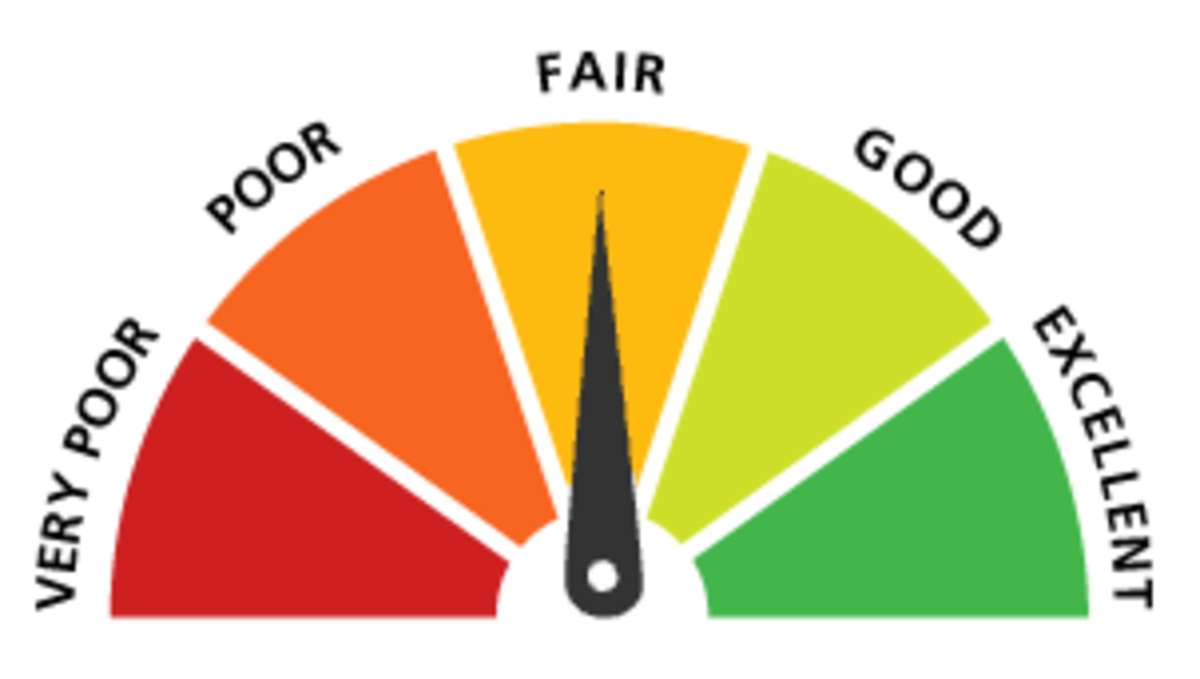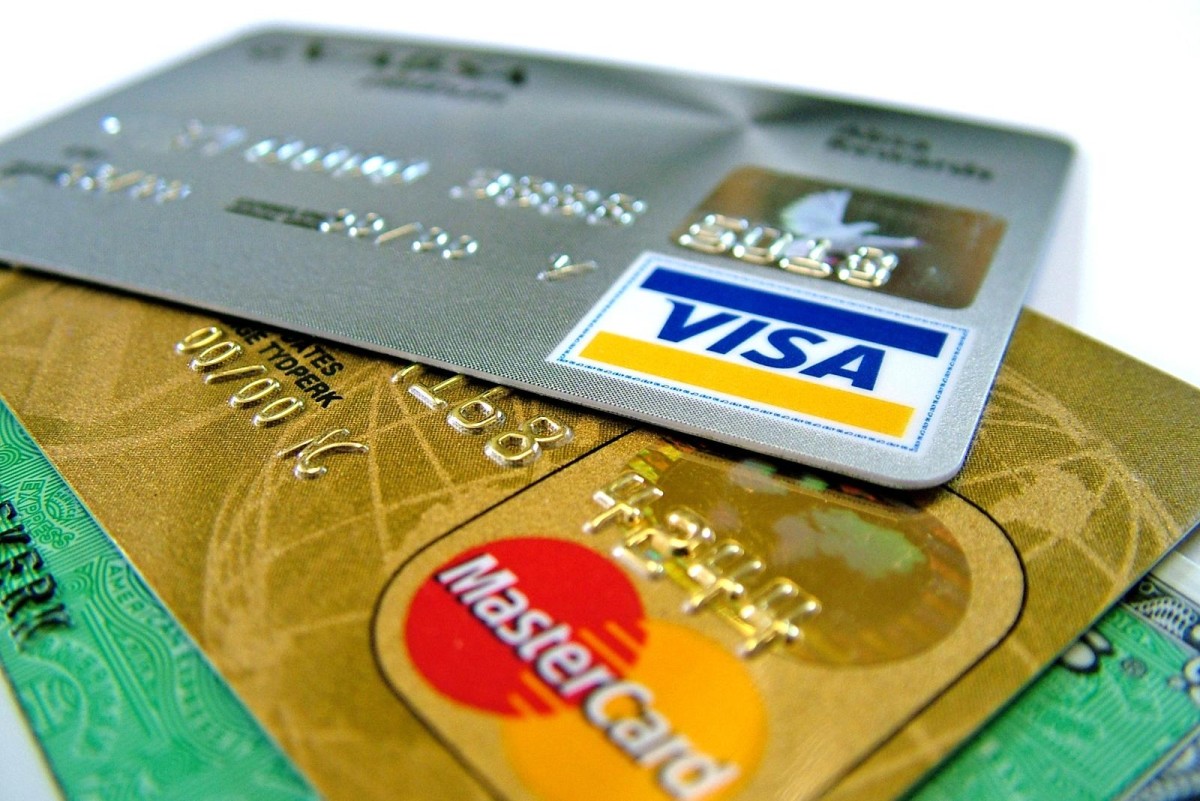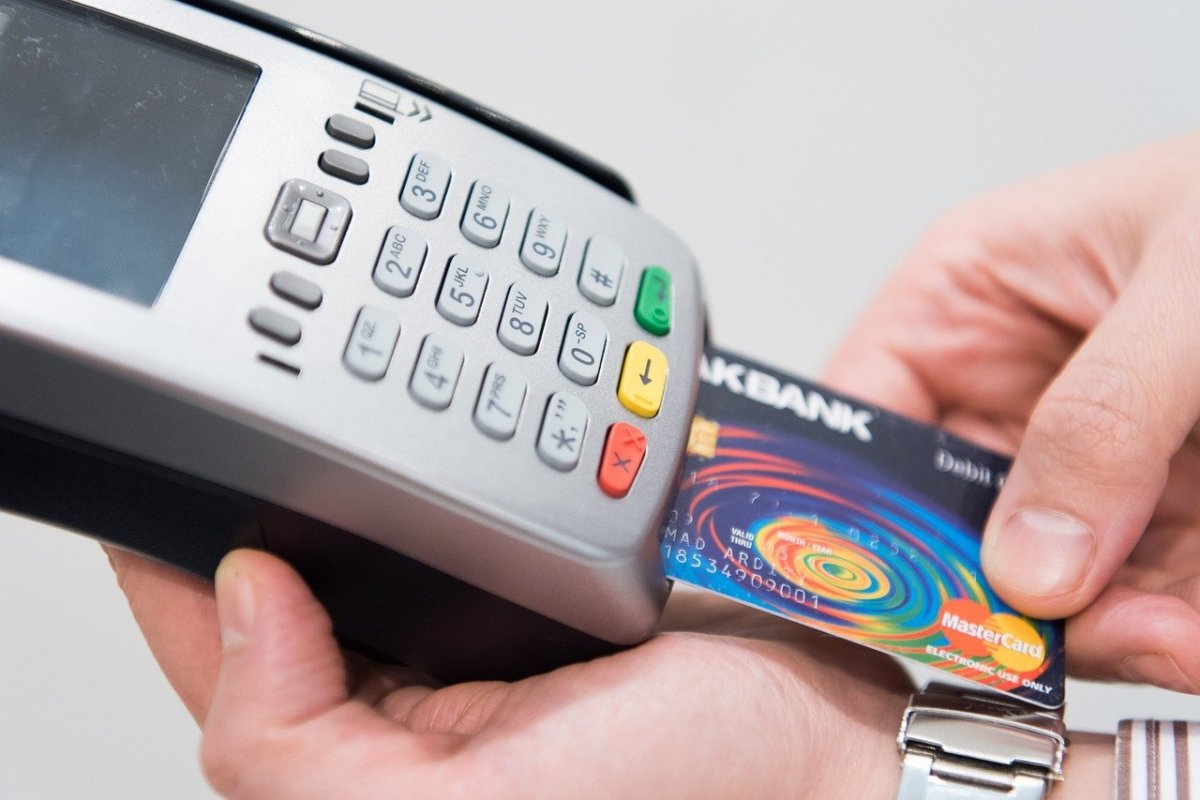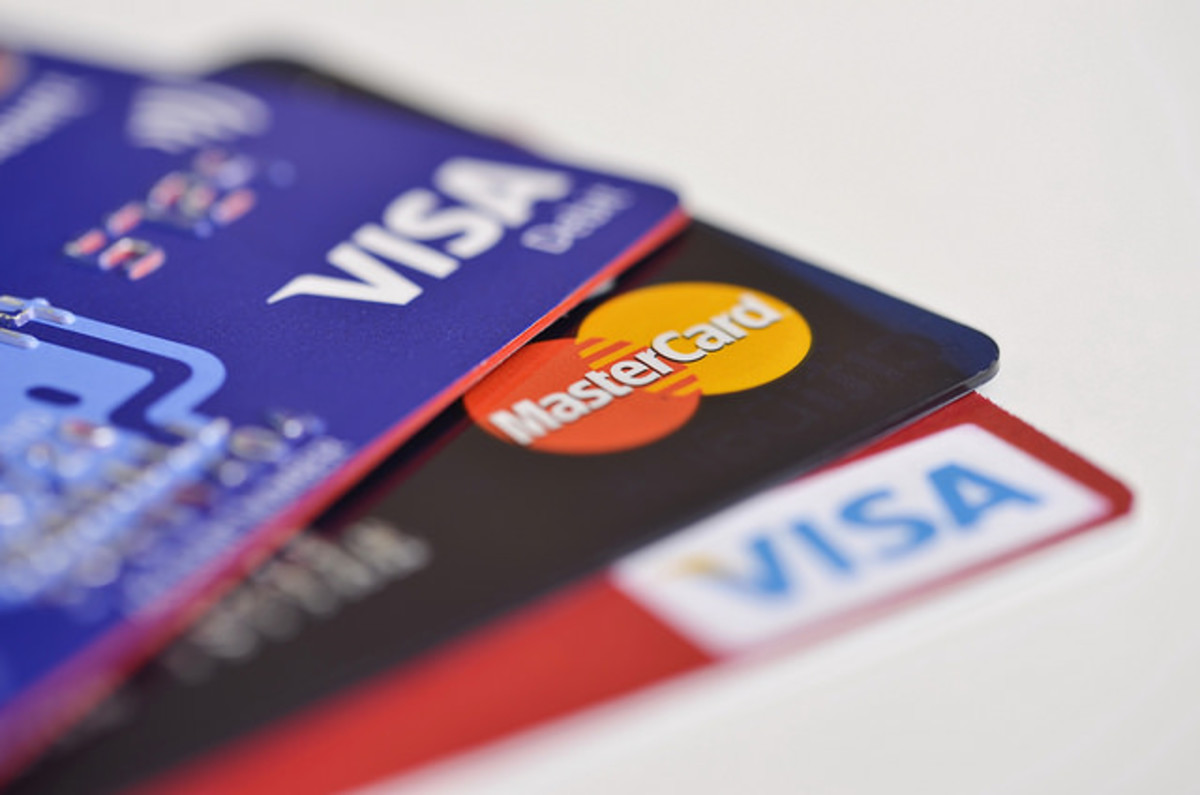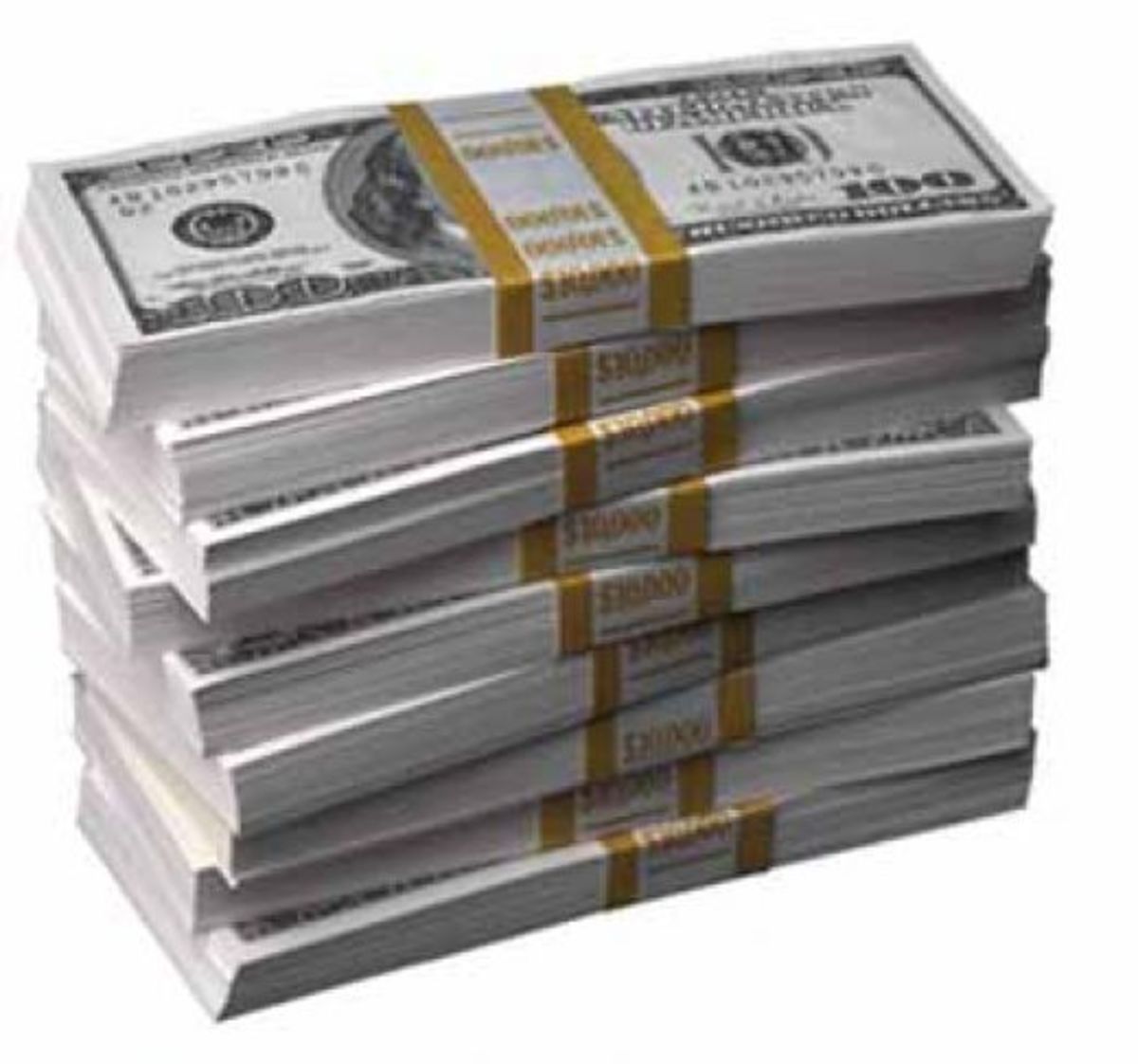Understand Credit Score
Credit Score
Most people are aware that we have credit, but not everyone fully understands where it comes from or how it works. Basically, your credit score is a number that changes as the elements of credit that you have change. That may sound complicated if you don't know what is in your credit report, or how to read it.
But, for all intensive purposes, a credit score is based on your credit history, which can include the basic types of credit- credit cards, loans, length of credit, etc.
You may not think missing a monthly payment or two is that big of a deal, but it does show on your credit report. You don't want to have tons of late bills and proof of irresponsible credit line because it'll build up negative credit history and will definitely impact your future purchases, such as cars and houses.
The main information that impacts your credit score will vary, but you'll find that elements such as the following will affect your credit report.
- Number of late payments and the severity of the lateness
- Type, number, and age of accounts
- Total debt
- Public records
Credit score do not take into account the following information:
- Race, color, religion, national origin, sex marital status, or age.
- Salary, occupation, title, employer, date employed or
employment history.
- Where you live.
- Certain types of credit inquiries (requests for credit report). Your credit score will not count your personal credit inquiries, promotional inquiry requests by lendors, or account reveiew inquires for employment.
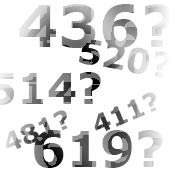
Evaluate Credit Score
Your credit score will vary per country, in the United States, you'll find that a credit score can fall between 330 850 even though it is measured from 0 to 999. Most people's credit score will fall between 650 and 750. Generally, if you have a credit score of 700 or more, you have a good credit management style.
- 330-619: (Bad credit) You need to work on raising your score and getting any disputes taken care of, as otherwise you will have a hard time getting a loan or any banking assistance.
- 620-659: (Fair credit) You will typically get a below prime financing and interest rates.
- 660-720: (Good credit) You will generally get average/ prime financing and interest rates.
- 721-750: (Good/Above average credit) You will typically get at least prime financing and lower interest rates.
- 751+: (Excellent credit) You may be able to get even lower interest rates and financing, but it will depend on what types of credit you have
Credit Score Guide
Raise Your Credit Score
There are many different things that can affect your credit score, and if you feel like you need to raise your score, it's good to know what factors that to consider altering. Just remember that in most cases, what can alter your credit score will be over a long-term basis.
- Make sure that you have your bills paid on time, and that you don't have any overdue accounts.
- Make sure that you don't have a collection, charge-off, bankruptcy, lien, lawsuit, or judgment file on your credit report. If you do, try to get them resolved as soon as possible. In some of these cases, public record items may remain on your record for 7 to 15 years, but when trying to get a new line of credit, it's best that you have at least two years since the negative public record was filed on your credit report.
- Make sure that you have a good cushion of available credit between your credit balance and credit limit, as this can have a positive affect on your credit score. Larger differences show other lenders that you aren't as likely to overextend yourself.
- Make sure that you have at least two or more major credit cards on your credit report, to include Discover, American Express, VISA, or MasterCard. This will tell lenders that you are a responsible borrower and you're a better credit risk. making them more likely to lend you money.
If you need to raise your score on a short-term basis, there's not much you can do to potentially raise your credit score slightly.
- Make your payments on time.
- Don't carry a high balance on your credit cards; try to keep your balance below half of your available credit for an extended period of time.
Be Aware of What Will Lower Your Credit Score
Typically, if the majority of your credit types have been opened for less than 3 years, this may potentially cause your credit to be lower. You want to have long-term credit accounts that you pay on time consistently.
What Affects Your Credit
In order to make sure that you keep good credit or before being able to raise yoru credit score, it's a good idea to understand what can potentially affect your credit.
A general idea as to what can affect your credit score, is as follows:
- 35% is based on your consistent payment history and only payments that are later than 30 days past due.
- 30% is based on the percent of your credit being used, meaning the lower your balance is on your credit cards, the higher your score will be in comparison to maxing out your credit.
- 15% is based on the length of your credit history.
- 10% is based on the types of credit you have to include installments (car payments, student loans, or mortgage), revolving (credit cards or lines of credit), and consumer finance (bank loans and the equivalent).
- 10% is based on recent credit inquiries for credit you've recently obtained. There are some types of credit inquires that will affect your credit score negatively.
Types of Credit
Since 10% of your credit score is based on the different types of credits, it's a good idea to know what the different types are so that you can have a good mixture of credit types.
- Real Estate Loans: Loans for a home purchase or refinancing; this is the highest quality credit type you can have.
- Installment Loans: Loans on major purchases that are to be paid off over time, such as cars, furniture, or major appliances.
- Credit Cards: Basic credit cards that can be used anywhere (VISA, MasterCard, American Express cards); this is the most common type of credit.
- Retail Cards: Credit that you have with a specific company, such as bank credit cards, store credit cards, and gas credit cards.
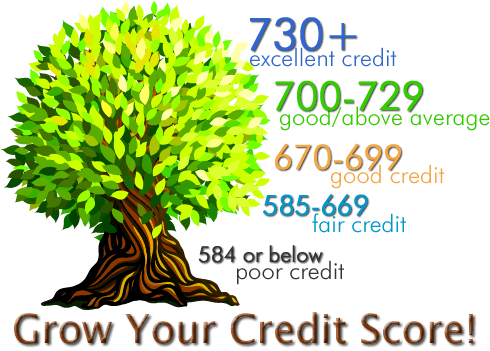
Credit Report
As for your credit report, it's basically a history of your credit-related accounts. It's a basic way to check out what's one your credit so that you can make sure that it's all yours and that someone else hasn't gotten a hold of your credit.
Evaluating your credit report will make it easy to check out what all is there. Plus you can go ahead and dispute anything that you don't feel is yours, so that it can potentially be wiped off your credit history.
A credit report will show the following information:
- Public Records: Court related information, including bankruptcies, state and county court records, tax liens, monetary judgments and, in some states, overdue child support payments.
- Credit Inquiries: Names of businesses or individuals that have obtained a copy of your Credit Report, including lenders, landlords, and employers.
- Accounts: Payment history on all real estate, installment, and revolving credit accounts.
You can order a free credit report on websites like freecreditreport.com. It's free for two weeks, and then make sure to the subscription if it's not something that you plan on checking on a regular basis.
I would recommend that if you have discrepancies on your credit report, that you keep the subscription, so that you can keep watch on your credit until the discrepancies have been removed. I would also recommend keeping the subscription if you're credit isn't as high as you'd like and you're trying to increase your score.
By keeping a watch on your credit, you can make sure that it doesn't fall below your ideal score.

